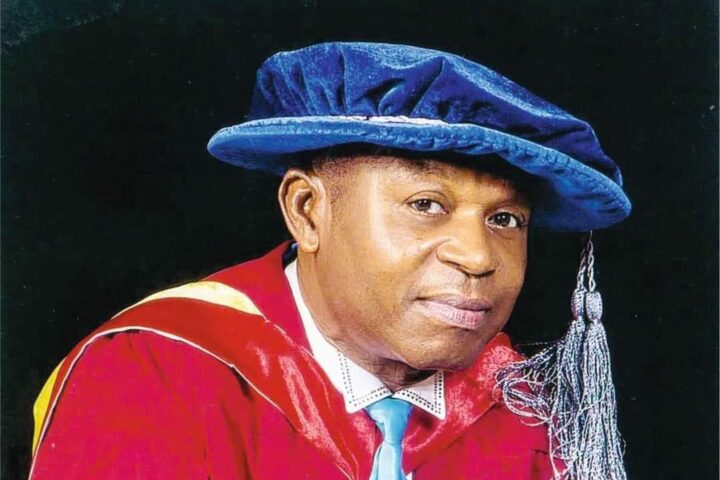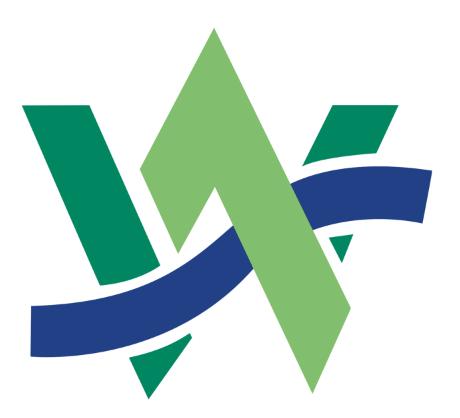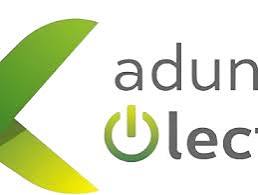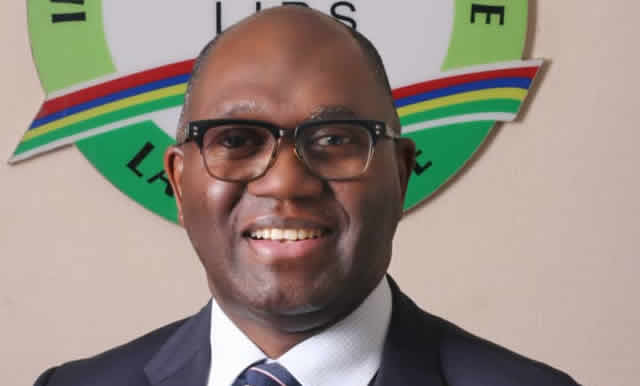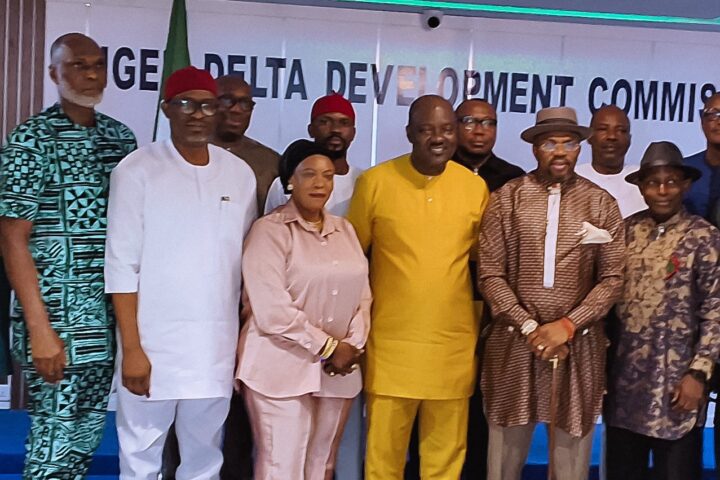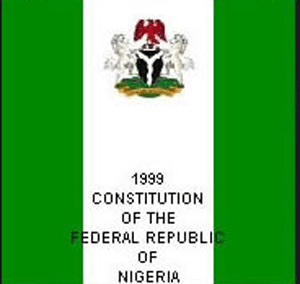
Prince Ade Ajayi Foundation, (PAAF) Centre for Constitutional Literacy and Civic Education is set to launch the translations of Nigeria’s 1999 Constitution in Hausa, Yoruba and Igbo languages to promote national orientation, unity and integration.
Prince Ade Ajayi, President of PAAF stated this at the weekend while addressing newsmen in Lagos adding that a book titled ‘I love Nigeria my country’ will also be launched.
He said the translation took six years to be completed, stressing that it would be launched at a National Dialogue on Nigeria Stakeholders unity forum on November 25.
He said the book is born out of a deep-rooted love for the Nigerian nation that it echoes an unquenchable thirst to equip every Nigerian with a knowledge of the nation’s history.
“It is a succinct rendition of our past, present and a glorious future, for without an accurate knowledge of the past, one cannot begin the arduous task of shaping the future,” he said.
On the introduction of the constitution translation in three languages he said of the 4000 Nigerians randomly sampled in urban areas, over 80 percent had never seen or read in whole or part, a soft or hard copy of the 1999 constitution.
Of those who had, according to him more than half could not recall what they had read, adding that the statistics in rural areas are abysmal, largely due to poor literacy levels.
“Asked why they had never read the constitution, many in urban areas retorted that they were not lawyers, or that it hadn’t crossed their minds to do so. Many added that they had no idea where they could get one or that could even access one.
“We believe that the first step in national orientation is adequate civil education. This cannot take place where the citizens do not have access to the one document that can most wholesomely inform them, we therefore make available the 1999 constitution in English, translate to indigenous languages (Hausa, Igbo and Yoruba and also create audio versions for the unlettered,” he said.
On the reasons for the translation, he said to make the constitution easily accessible to everyone, particularly those who are able to read and understand in their indigenous languages, but not necessarily in English language.
Other reasons is to trigger national orientation and reorientation and also to increase awareness amongst the citizenry about their rights, responsibilities and obligations to the various governments and the nation.
Hon. Segun Olulade, former member of the Lagos state House of Assembly stated that he decided to identify with the project in view of the unity of the country.
“The constitution that is been translated today shows that this foundation would be a readymade tool for the freedom of every Nigerians for justice, unity fairness and equity of our country. We need to understand our constitution,” he said.
Besides, Barrister Alex Ogedengbe, stated that the project will be a wakeup call for every Nigerians, if they can read to know their right and know what to do as par election.
“I went to statistics to look at the percentage voting in America they have 93.3 percent of their eligible voters that voted in the last election. In Nigeria, I look at the last election we have 33.4 percent voted. In order words the people that did not vote won the elections. Over there every citizen believe that they must do their own civic right to choose the leader they like or to vote out the person they don’t want, but in Nigeria, I believe that the elite will sit down in the house watching the TV and allow the illiterate that does not have or know anything about the constitution to go and choose the leaders that will rule over everybody.








